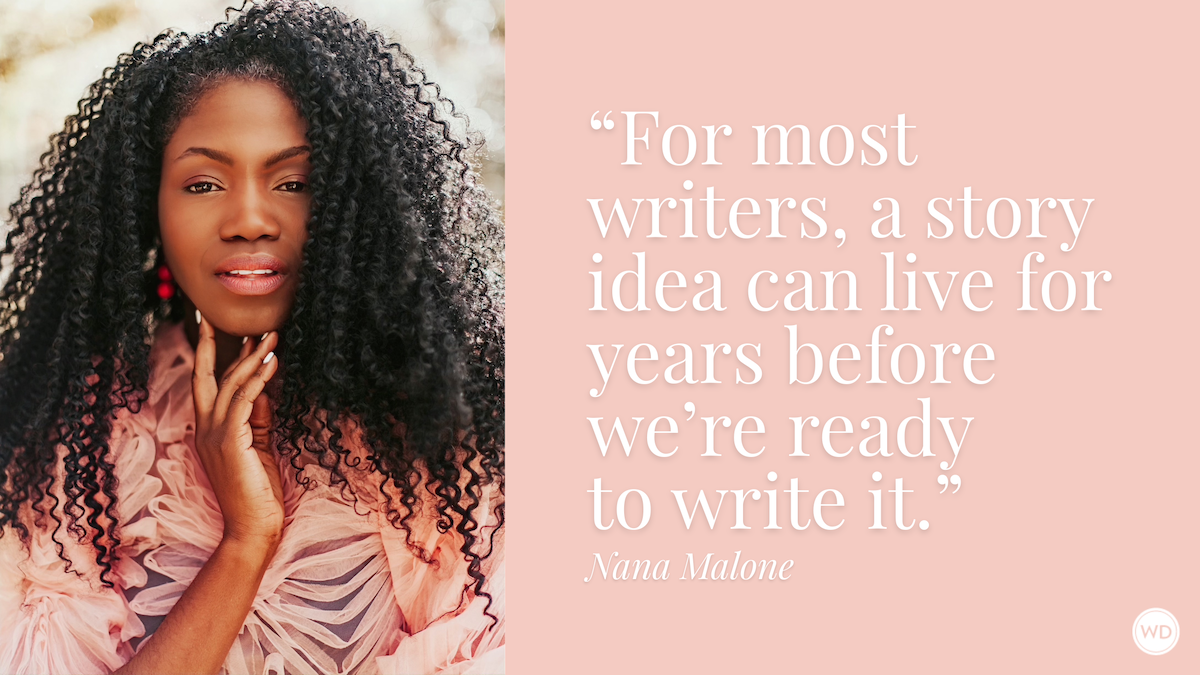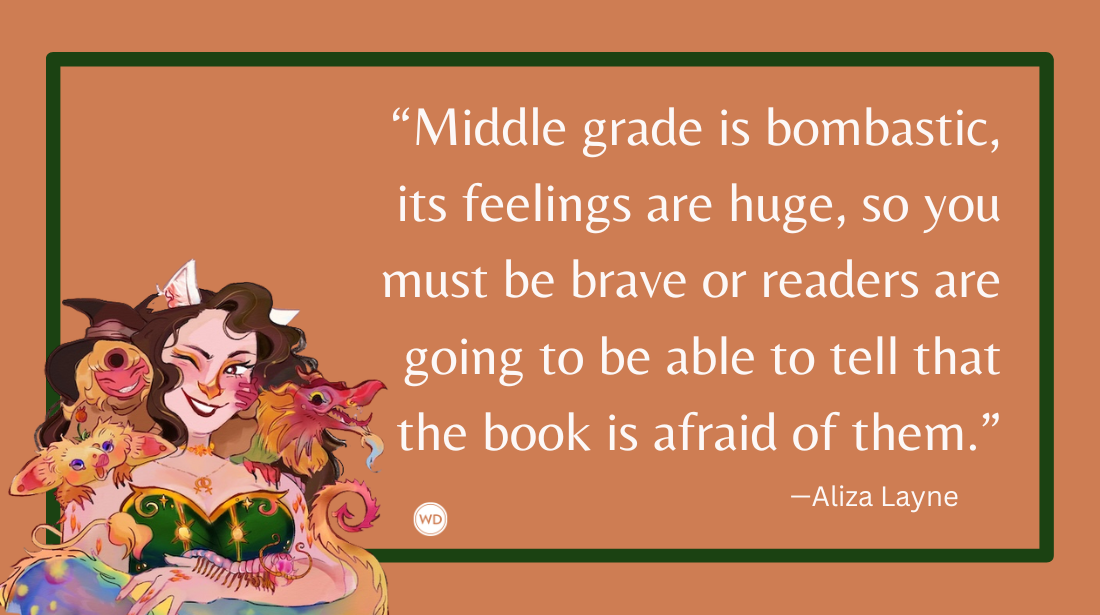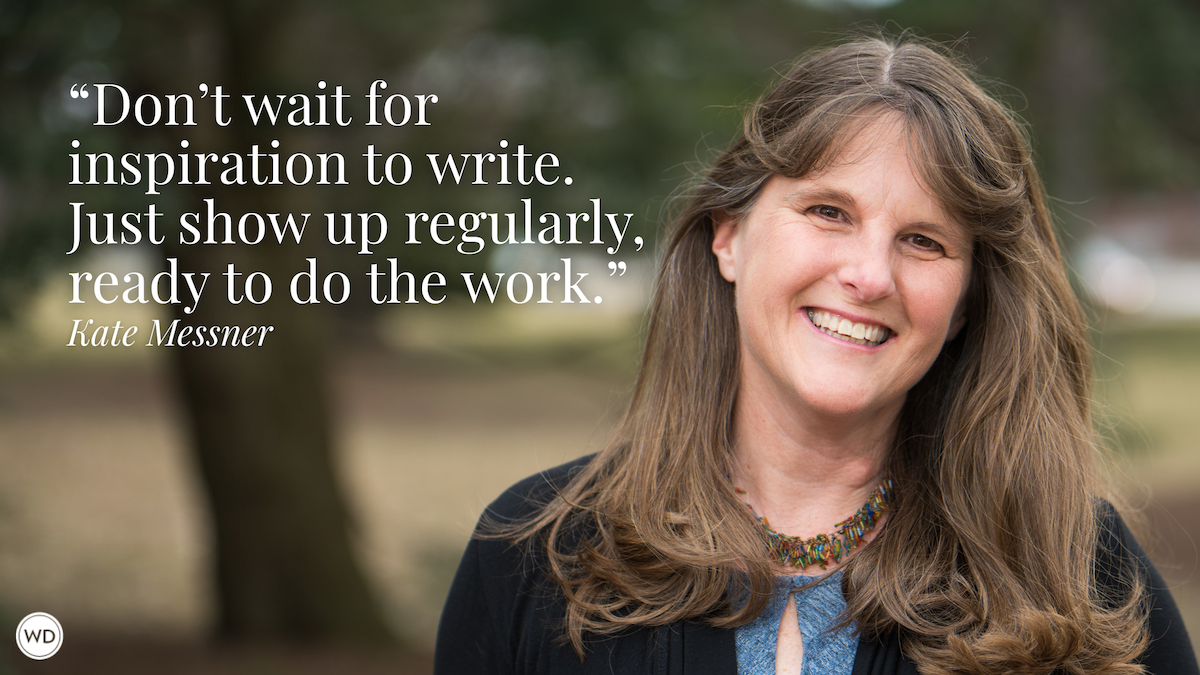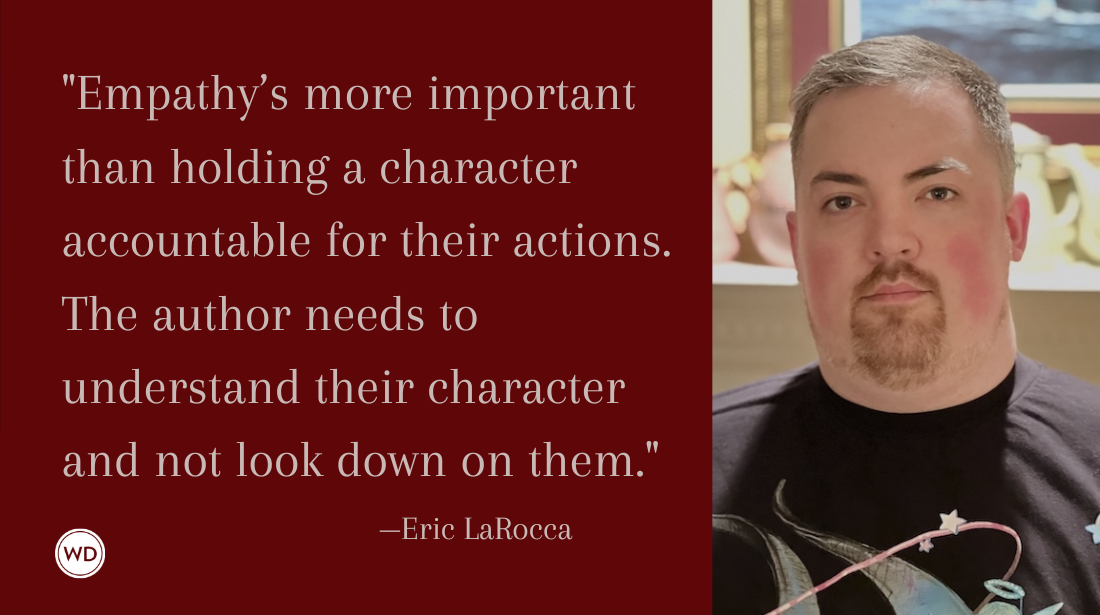TV Writing 101 – How Not to Write a Boring Script
Don’t be boring. That’s it. The shortest article you’ll ever read on how to write for television. Okay, so maybe there’s a little more to it. You want to write a TV show? Here’s what you need to know.
Don’t be boring. That’s it. The shortest article you’ll ever read on how to write for television.
Okay, so maybe there’s a little more to it. You want to write a TV show. Start with the right format. Find a copy of a teleplay – from a book on TV writing or look on Google – pick a show you like and you’ll probably be able to track down a sample script. Invest in a good scriptwriting program – I like Movie Magic Screenwriter, but other writers prefer Final Draft. (Yes, this sounds insanely obvious, but occasionally I see scripts in the wrong format and that screams “unprofessional.” And while we’re talking about unprofessional, double-check your grammar and spelling. If people see your/you’re used incorrectly on the first page there’s a good chance your script will get tossed straight in the loser pile.)
**********************************************************************************************************
This guest post is by award-winning writer and producer Ann Lewis Hamilton has written for TV and film. Her TV credits include, among others, "Haven," "The Dead Zone, "Grey’s Anatomy," "Saved," "Providence," "Party of Five," and "thirtysomething." She was twice nominated for an Emmy award, and was the winner of a WGA Award and the Humanitas Prize. She grew up in Staunton, Virginia, in a house full of typewriters - her grandfather was the editor of the local newspaper where her father worked as a reporter and her mother wrote for the society page. Ann's goal was to write and draw for MAD magazine, but instead she graduated with a BA from the University of Virginia and an MFA from UCLA. Expecting is her first novel. Visit her at www.AnnLewisHamilton.com.
**********************************************************************************************************
Story.
Be original. Be fearless and take chances. Write something you’re passionate about. Don’t make the mistake many networks do – “Hey, Homeland is a big hit, let’s make another show exactly like Homeland.” If your favorite show is Walking Dead, that’s fine. But don’t write a version of Walking Dead. Write something different, something that will stand out.
Outlines.
I would rather be dipped in a vat of boiling Velveeta cheese than write an outline. But the sad truth – although they’re tedious to do, you need them. I usually start with a short description of the show I’m writing – “Kenna, an average high school student living in Los Angeles, wakes up to discover she has the ability to fly.” (I made up this as an example. I’m not saying it’s is Emmy-worthy, in fact it’s pretty sucky.) The structure of an hour TV episode has changed over the years – from three acts to four, to five acts with a teaser. Let’s go with a teaser and five acts. With the teaser you want to hook an audience – a high school girl can suddenly fly? Whoa. Now dive into your acts. A lot of set up in the first act – Kenna’s family, her life at home, at school, her friends. Does she keep her ability to fly a secret? Look carefully at your act outs – end each one with something that will make the audience want to come back. If you figure out your act outs and your amazing ending, the script writes itself.
No, it doesn’t. Only in a dream world. As much as we’d like it to, a script never writes itself. But having a solid outline helps.
Characters.
When I was starting out, a very smart studio executive gave me a list of things to ask about each character. The list is on an index card next to my computer and I still use it. What is a character’s long-term goal, short-term goal. What is a character most afraid of. Biggest secret. Who do they love the most, hate the most. If you can answer these questions, you’ll be able to understand your characters.
Dialogue.
Listen to people talking. Write down things you hear people say. When you’re writing, say your dialogue out loud, even if your pets and children look at you like you’re insane. “Mommy’s a writer,” remind them. If your dialogue sounds clunky and formal, rewrite it. Don’t give your characters too many words or dialogue actors can play like, “I’m sad and gloomy.” Subtext is always better than text.
Looking to write a TV script (or movie script, for that matter)?
Check out Final Draft 9, software that helps you format your script and more.
Order it from our sister shop, The Writers Store at a heavily discounted price.
Description.
Less is more. Remember Kenna, our flying high school girl? What does her bedroom look like? Messy, clean, movie posters? All pink or all black? Don’t go on and on. Aim for short and sweet.
Description of characters. Less is more. Attractive, missing one leg, too many tattoos. 20ish. Mid-30s. Some writers use actors as comparison – “A Jennifer Lawrence type.” I don’t like that. I prefer to let the reader imagine the character in their head.
Scenes.
Don’t forget that each scene has a beginning, middle, and an end. That sounds basic, but it will help when you write.
Write your script for an audience. Be entertaining, let the people reading your script enjoy the experience. Try to surprise them – remember the goal is to keep them turning the pages. You want them to get to the end and say, “Wow, this is awesome. It should be a TV series.”
And you never know. It can happen to you if you keep writing and rewriting. (And don’t be boring.)
Thanks for visiting The Writer's Dig blog. For more great writing advice, click here.
**********************************************************************************************************
Follow Brian on Twitter: @BrianKlems
Sign up for Brian's free Writer's Digest eNewsletter: WD Newsletter
Buy Brian's book OH BOY, YOU'RE HAVING A GIRL, A DAD'S SURVIVAL GUIDE TO RAISING DAUGHTERS








